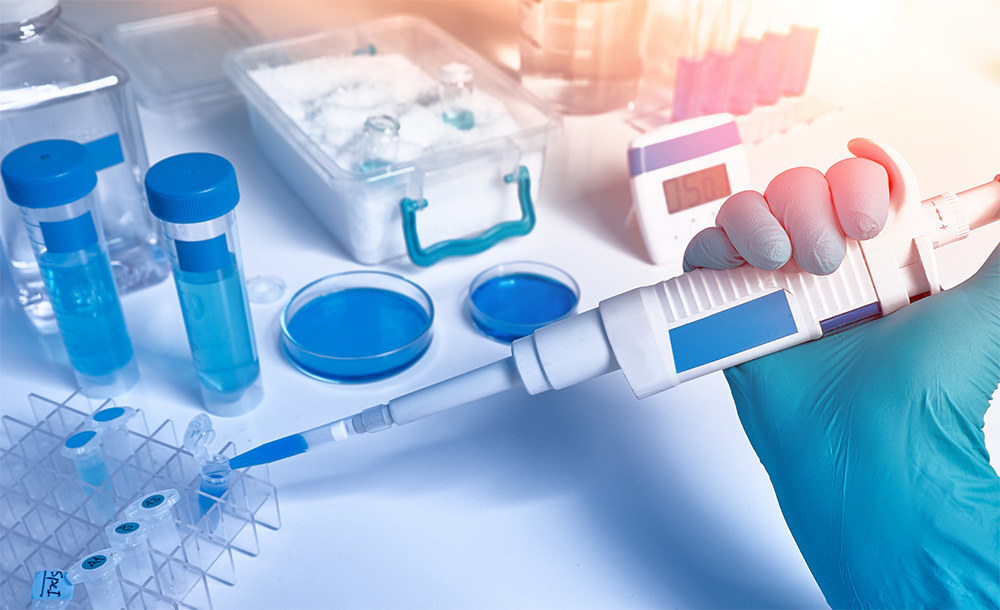IVD Devices
Facilitating Clinical Studies to Expand Geographies & Comply with New Regulations
Optimizing study design for IVDs, ensuring smooth, efficient, and compliant clinical studies in Europe

Services
Industry
The Challenge
EU IVDR brings increased requirements for clinical data. Most clients have minimal experience and have never been audited before, so it’s not clear which path to follow. Additionally, some clients have initial study designs that are not built effectively and can sometimes even be too ambitious, leading to higher costs, a drawn-out timeline, and an increase in uncertainty as it applies to patient recruitment issues. Especially with seasonal diseases, the time window to conduct clinical studies is very restricted.
The Solution
Our CRO teams define study designs in compliance with applicable requirements of different markets the client may be targeting. This includes the identification of study objective(s), relevant endpoint(s), inclusion and exclusion criteria, informed consent process, number of study subjects required/sample size, and study procedures.

Clinical Studies for In-Vitro Diagnostic Devices
Clinical studies play a pivotal role in the development and validation of in-vitro diagnostic (IVD) devices
Clinical studies assess the safety of IVD devices when utilized in real-world clinical settings, ensuring that they do not pose any unexpected risks to patients or users. Additionally, studies verify the effectiveness of these devices by evaluating their ability to accurately and consistently detect specific conditions or markers. This validation is crucial for ensuring that the information provided by the device is trustworthy and useful for clinical decision making.



Project Phase 1
Clinical Strategy
We combine our expertise with broad access to the current clinical data to identify real needs. Example: When working on clinical strategy for a point-of-care testing device for an infectious disease for a non-EU client that needed clinical studies for IVDR after conducting the SOTA analysis, we used retrospective samples and existing data, reducing the size of the clinical studies thus decreasing timelines and budget.

Project Phase 2
Act as an EU-Sponsor Representative
Clients based outside of Europe who conduct clinical studies in this geography are required to have an EU sponsor, a service that Veranex provides. Example: For our non-EU IVD clients, mostly in Asia and Switzerland, we have acted as a contact point with the competent authorities in countries where the studies were taking place, such as Spain Germany, France, and Austria. We ensure that any requests and decisions are communicated and dealt with in the shortest time possible.

Project Phase 3
Management of Clinical Operations
This phase encompasses initial activities such as site selection, study submission and registration, the conduct of the study, as well as safety reporting, monitoring activities, data and statistics, and writing the clinical performance report. Thanks to our extensive network of clinical research associates, we’re able to conduct multi-centric studies in 15+ countries in Europe.
A Deep Understanding of Your Pathway to Market
Handling clinical studies across multiple geographies can represent a real challenge for IVD manufacturers, especially when required to perform clinical studies for the first time. Veranex understands the client’s need for an efficient pathway to market, and our experienced teams work to support IVD manufacturers, reducing their budget and time-to-market. By analyzing the situation critically and proposing a multi-disciplinary strategy, we are able to simplify clinical studies and find the right balance between resources required and data needed for market compliance.
